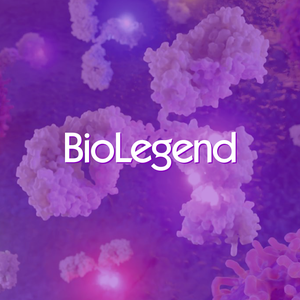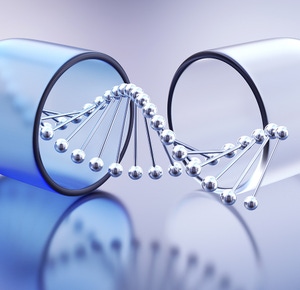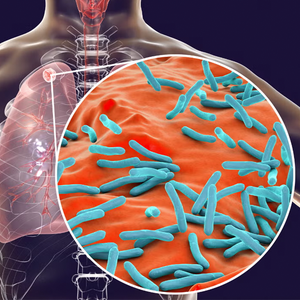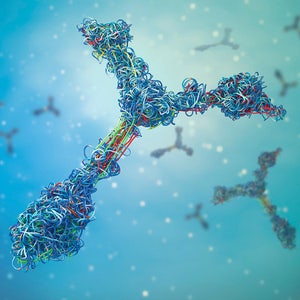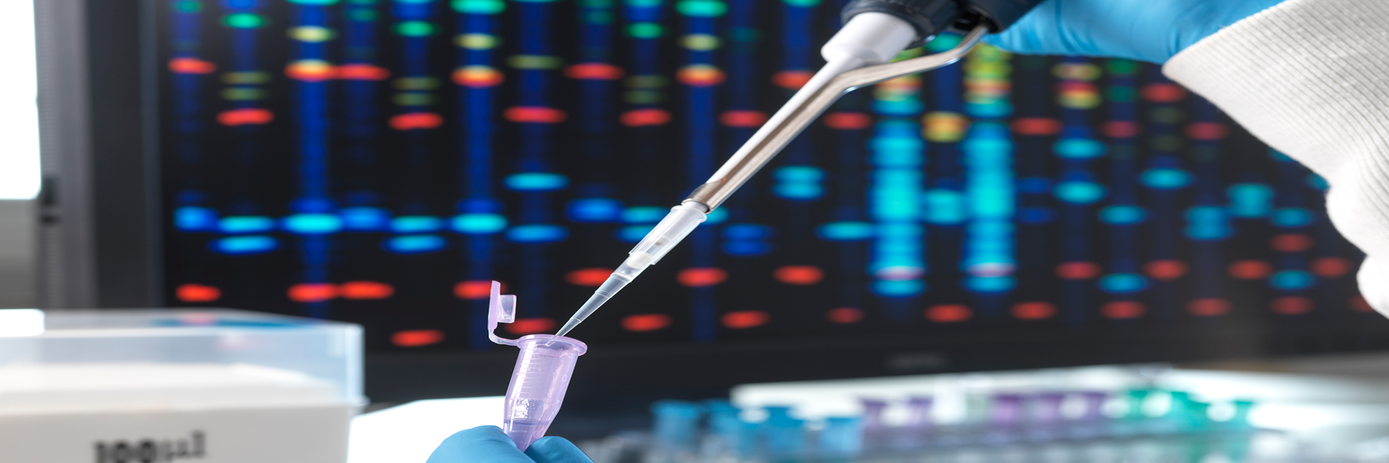Even though genetic tests are more available and affordable than ever, many patients and physicians still have misconceptions about them.
Myth 1: Genetic testing is expensive and, therefore should not be the first diagnostic option
“Things have changed over the years,” points out Blake. “I encourage people to have discussions with their providers on the different payment options, whether it’s payment via medical insurance, self-pay, or financial assistance plans. I like to bring forward that if you can establish a diagnosis early on, you are saving healthcare dollars in your diagnostic journey.”
Myth 2: Only genetic counselors can order genetic testing.
“It is actually not the case that only genetic counselors can order genetic testing,” explains Shehan. “A provider that is trained in the types of genetic testing that are being offered in that specialty are perfectly capable of offering pre-test and post-test counseling.” She notes that it can be difficult for patients to schedule an appointment with a clinical genetic counselor due to a shortage of these providers and a high demand for their services. In addition, providers should know they have lab genetic counselors as resources for clarification regarding testing options and results. Such counselors are available via telehealth services and can explain to primary care providers the benefits and limitations of the different tests.
Myth 3: It is best to control costs by testing first for a specific gene instead of first running a whole genomic sequence.
The phenotypes of many genetic syndromes overlap, explains Shehan. That overlap, plus the variability in the presentation of any given genetic syndrome can make it difficult to identify the individual genes that should be tested in each patient. Repeatedly incorrectly selecting individual genes can lead to more time and money than if whole genome sequencing had been chosen from the start. In many cases, therefore, whole genomic testing may be the most expeditious and cost-effective way to end a patient’s diagnostic journey.
Myth 4: If a patient tests positive for a genetic mutation they become uninsurable.
“This is actually one of the things that legislatively has been addressed with the Genetics Information and Nondiscrimination Act (GINA) of 2008,” explains Blake. GINA specifically prohibits health insurers and employers from discriminating based upon genetic information. Additionally, Shehan notes that there have been no documented cases of life insurance discrimination based upon genetic testing results.
Myth 5: Genetic testing and genomic testing are the same.
Genetic testing has evolved significantly and, in a sense, transformed into genomic testing. Genetic testing, explains Shehan, typically refers to a test directed at a single gene or group of genes. In contrast, genomic testing refers to sequencing all the genetic material in an organism. This genetic material includes not only the genes that code for proteins, but also the non-coding regions in the genome that are known as introns. Geneticists now know that these introns can contain important information that determines how proteins are expressed in an individual.
Myth 6: Genetic results do not change patient management.
The establishment of a diagnosis for a patient identifies for that patient the health issues that must be monitored and the symptoms that can be managed to optimize the patient’s quality of life. A diagnosis can also open the door for the patient to enroll in a clinical trial or targeted gene therapy. Lastly, notes Blake, a genetic diagnosis may be useful for a patient’s family members, both for quality of life and reproductive decisions.
Myth 7: It is better not to know about a genetic diagnosis.
“I think a lot of patients think that a genetic diagnosis is really just this sort of destiny and that there is no way of changing it,” explains Shehan. In contrast, she wants patients to understand that a genetic diagnosis can make an important difference in selecting treatments and therapies. Moreover, genetic testing helps not just the patient, but also other members of the family make better decisions about health.
Myth 8: Tests cannot keep pace with rapidly evolving science.
While accurate, genetic tests, like all tests have limitations, many of which stem from the scope of science and technology. Since technology has evolved over the years, both Blake and Shehan encourage patients to make a note of when a genetic test was performed and consider rerunning it in the future as geneticists grow their understanding of science.
Myth 9: Over-the-counter tests such as 23andMe are sufficient.
While 23andMe can provide accurate and interesting information, unlike clinical genetic tests, it is not designed to be comprehensive or diagnostic. For instance, “we know that there are only a few mutations specific to the Ashkenazi Jewish population included on this test,” explains Shehan. “Therefore, if you’re not of Ashkenazi Jewish descent, the test is not informative. If you are of Ashkenazi Jewish descent, the test can be misleading in the sense that if you’ve tested negative for mutations associated with the Ashkenazi Jewish population, you may actually have a mutation in another gene not included in the test.”
The content is provided for informational purposes only, not as medical advice. It is not intended to substitute the consultation, diagnosis, and/or treatment provided by a qualified licensed physician or other medical professional.


